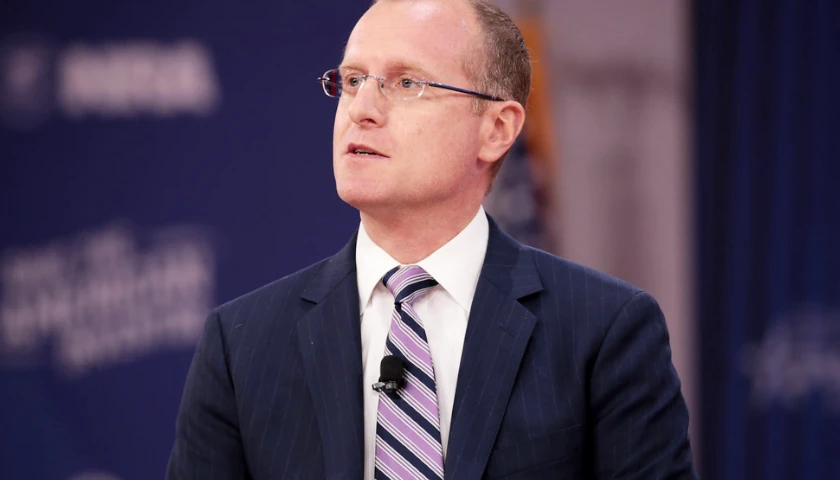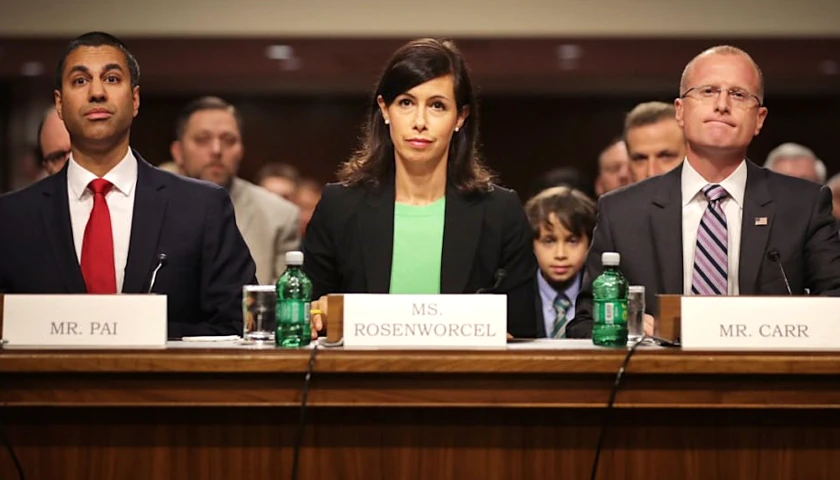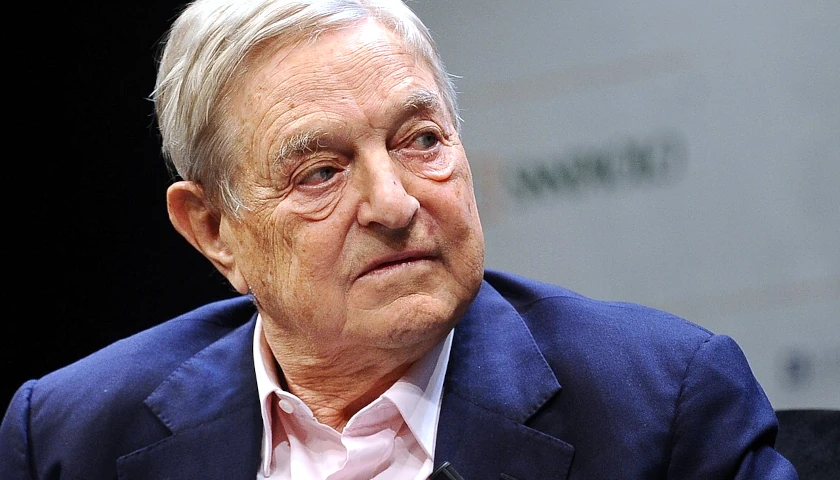Brendan Carr, President-elect Donald Trump’s choice for chairman of the Federal Communications Commission (FCC) has promised to end the agency’s promotion of diversity, equity, and inclusion (DEI) policies as part of his agency.
“The FCC’s most recent budget request said that promoting DEI was the agency’s second-highest strategic goal. Starting next year, the FCC will end its promotion of DEI,” Carr said.
Read More


